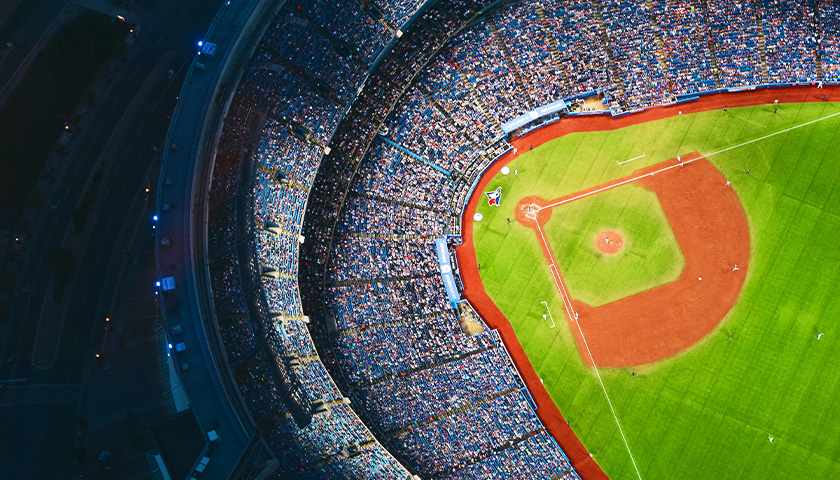by Jon Styf
Starting in 2025, the Tennessee Smokies Minor League Baseball Team will have a new $114 million home in East Knoxville.
After a $65 million publicly backed bond sale in late May, the team held a ceremonial groundbreaking at the site last week to discuss the 7,000-seat stadium, touting numbers from Convention, Sports and Leisure International, which claim the stadium will have a positive economic impact for Knoxville residents.
CSL, a marketing company co-owned by the New York Yankees and Dallas Cowboys, produces numbers for stadium projects across the country as they look for public funding, including the Tennessee Titans, Nashville Fairgrounds Speedway, the proposed Arizona Coyotes’ complex in Tempe, Arizona, that failed a public referendum and the new proposed Las Vegas stadium for the Oakland Athletics.
J.C. Bradbury, an economist who has studied stadium projects across the country, had strong words about the Knoxville stadium and the Las Vegas estimates.
“It’s time to stop merely disputing what paid economic consultants are presenting as being incorrect,” Bradbury wrote. “This conduct should be called out as completely unethical and morally reprehensible.”
The Knoxville stadium will be officially owned by the new Knoxville Sports Authority, a joint venture of the city and Knox County. But Smokies owner Randy Boyd, president of University of Tennessee-Knoxville and a 2018 candidate for governor, will own the surrounding development. Boyd bought the Chicago Cubs affiliate in 2013.
The Smokies moved to Kodak, Tennessee, in 2000, and will return to Knoxville in 2025.
In 2021, the state of Tennessee approved the creation of a tax capture that will allow sales tax revenue from the stadium and the area within a quarter-mile radius to remain at the stadium to pay off the public bonds.
The estimated $142 million mixed-use development surrounding the stadium will include 630,000 square feet of residential space, restaurants and retail in the ballpark vicinity. When the state bill was passed, a $100 million private investment in the project was a requirement for the tax capture to be created.
While CSL and project leaders have touted the new spending and impact of the project, economists such as Bradbury have shown that professional sports stadiums do not produce the promised economic impact and instead rely on diverted spending in a region.
That means that a person who previously spent money at a restaurant or other Knoxville entertainment options – paying sales tax that goes to the state, city and county – would now instead spend money in the new district, where the sales tax goes back to pay for stadium construction at a cost to taxpayers overall.
Sales tax is Tennessee’s largest funding source, with $1.16 billion of the $1.6 billion collected overall in May coming from sales tax.
– – –
Jon Styf is an award-winning editor and reporter of The Center Square who has worked in Illinois, Texas, Wisconsin, Florida and Michigan in local newsrooms over the past 20 years, working for Shaw Media, Hearst and several other companies.
Photo “Baseball Stadium” by Tim Gouw.








